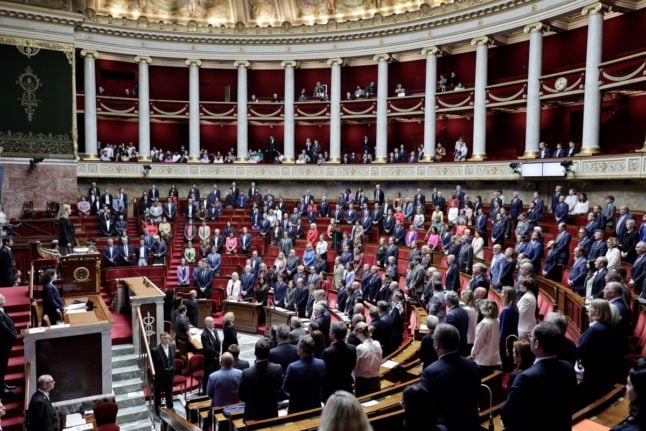Journal du Dimanche (JDD) staff said they were throwing in the towel aware that their decision would mean that they would either leave the paper or have to work under its new leadership.
The strike since June 22nd over over the appointment of Geoffroy Lejeune, 34, as new editor-in-chief has meant that the influential weekly has now missed six consecutive issues.
The JDD’s SDJ journalists’ association said that agreement had been reached with the paper’s owners, the media arm of French conglomerate Lagardere Group, for the strike to end.
It acknowledged staff “would not have won” a prolonged standoff with Lagardere.
Lejeune was until recently editor of the far-right weekly Valeurs Actuelles and endorsed far-right media commentator Eric Zemmour during his campaign for the presidency last year.
“Today, Geoffroy Lejeune is taking up his post. He will walk into an empty newsroom. Dozens of journalists are refusing to work with him and must leave the JDD,” it said.
“In the next hours we will be confronted with a painful dilemma — to stay or to go,” it added.
Paris-based press freedom group Reporters Without Borders (RSF) has said the action — which lasted 40 days — was the longest strike in French media since a 28-month strike by staff on Le Parisien daily that began in 1975.
Lagardere said in a statement that the JDD’s website would return on Tuesday and the print edition from the middle of the month.
“The agreement also provides for the setting up of support measures for journalists who wish to leave the editorial staff,” added the group.
The controversy has erupted as conservative billionaire Vincent Bollore is in the process of acquiring Lagardere Group, which also owns Paris Match magazine and Europe 1 radio, after a successful takeover bid.
Bollore, a conservative Catholic from northwest France, has been gradually expanding his empire to take in TV channels and now print media.
The JDD, which has weekly sales of around 140,000, has in recent years toed a centrist line and been seen as generally sympathetic to the government of President Emmanuel Macron.



 Please whitelist us to continue reading.
Please whitelist us to continue reading.
Member comments